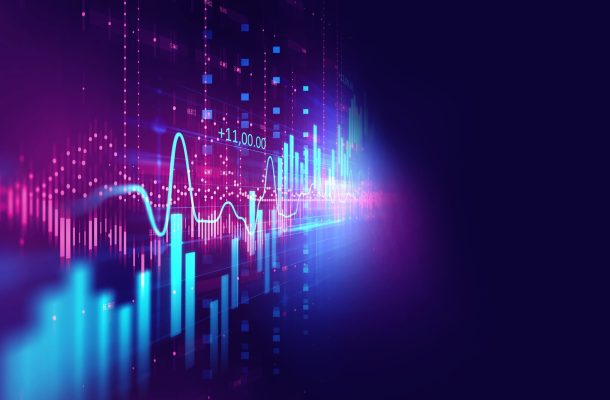We have published our response to Ofgem’s consultation on updating its Data Best Practice Guidance (DBP) and Digitalisation Strategy and Action Plan Guidance. We believe that more data interoperability is needed to power moves to smarter markets
Best practice principles for data
The DBP was developed in 2021, when Ofgem established 11 principles for best practice on data interoperability, and applied them to energy transmission and gas distribution companies.
Updating the DBP is an important step to take for improving the interoperability and visibility of energy data.
We agree with extending the DBP requirement to electricity distribution companies
Ofgem wants to extend the DBP to electricity distribution companies and set them a requirement to make consumption data obtained from smart meters openly available.
We agree with this, as the Data Integration Platform that Elexon will operate to support Market-wide Half Hourly Settlement (MHHS) will capture all HH data from the meters, once MHHS is implemented. We could make this data available to anybody that needs it, whether they work in the sector or not, through our new data platform, the Kinnect Insights Solution. However, a clear understanding of the level of aggregation that allows Open Data principles to be maintained will need to be agreed.
Elexon’s commitment to open data
We made an early commitment to making all of our data open, following implementation of BSC Modification P398 in June 2021. We believe that where possible, other organisations with valuable data should also move to provide this openly, to support the move to smarter energy systems.
About P398 ‘Increasing access to BSC Data’
Ofgem could consider extending the DBP requirement to code bodies
Although it was not raised in the consultation, we believe that Ofgem should look into extending the requirement to meet the DBP principles to code bodies and other relevant companies in the sector that are not currently licensed.
We support an updated DBP if this is necessary
Ofgem proposes to adopt ‘Dublin Core’ as the Metadata standard for the sector. It is a set of 15 items which describe digital or physical assets. Doing so will vastly improve the visibility of data catalogues held by energy licensees. In the future, a specific standard may be developed for energy metadata, and we support Ofgem’s commitment to update the DBP if this happens. It will avoid the sector being locked into an old standard, if a new one emerges.
In creating a standard open data licence, we recommend that Ofgem set out a few well-established standard licences from which licensees can choose. If Ofgem were to mandate a single standard licence, it could cause disruption, particularly for organisations with open data licences other than the two proposed by Ofgem.

